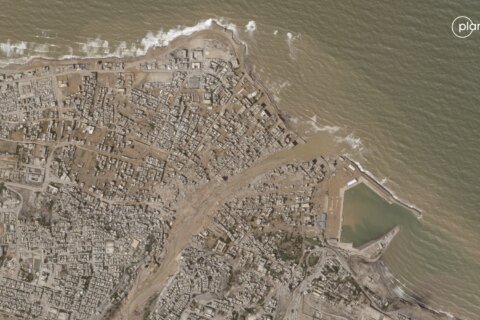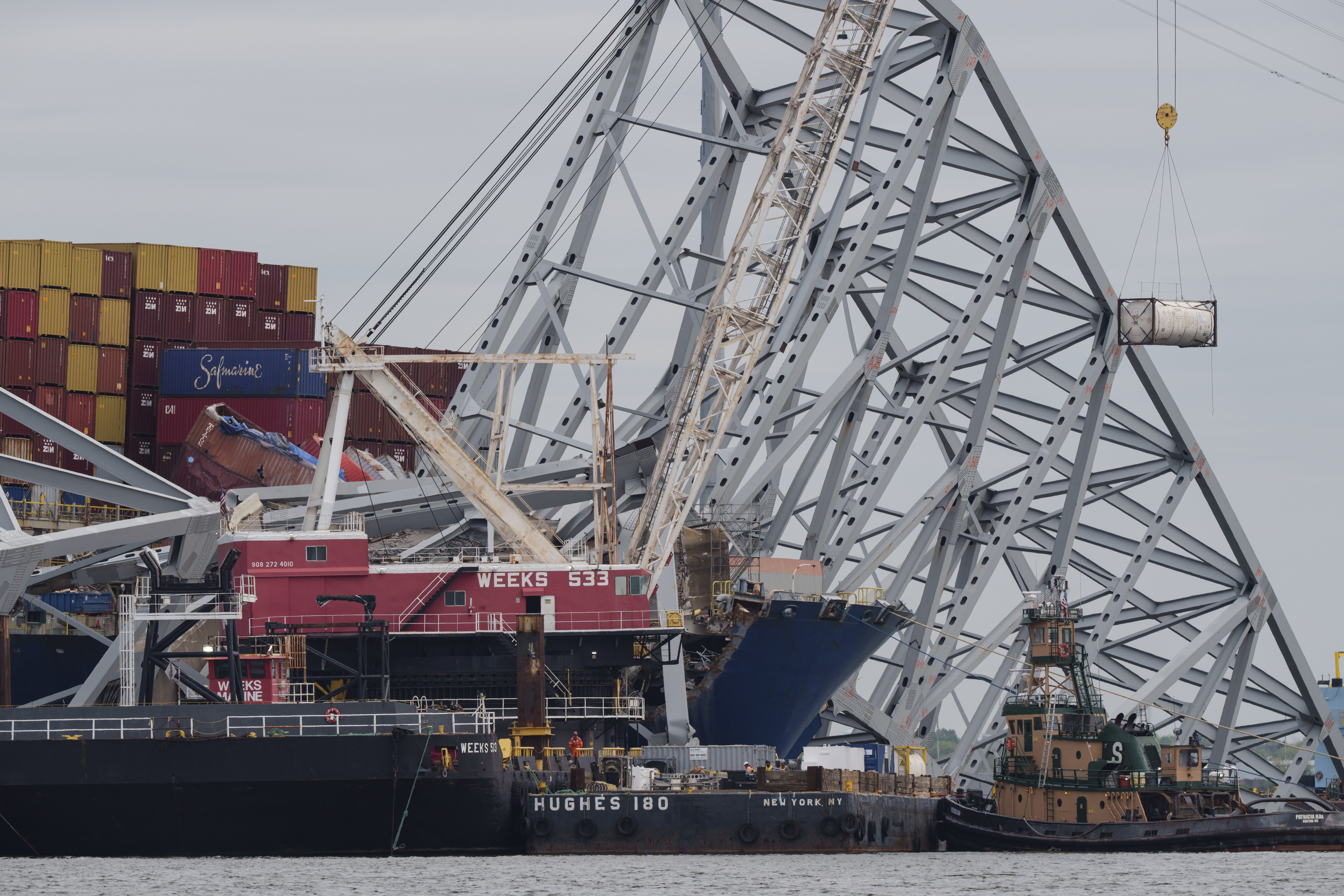JOHANNESBURG (AP) — South African workers on Wednesday demonstrated against the country’s rising cost of living including record-high fuel prices and increased costs for basic foods.
About 1,000 workers marched to the Union Buildings, the seat of government in the capital Pretoria, calling for President Cyril Ramaphosa’s government to contain rising prices.
South Africa’s economy is still reeling from the negative impact of the COVID-19 pandemic in which an estimated 2 million jobs were lost, exacerbating the country’s 35% unemployment rate.
Russia’s invasion of Ukraine has also hit South Africa’s economy, with the gas price reaching record highs despite the government’s suspension of an increase in the fuel levy earlier this year.
With South Africa’s inflation now at 7.4%, the rising cost of living has been compounded by rolling power blackouts due to inability of the state-owned power company, Eskom, to generate adequate electricity.
Eskom has applied for an increase in electricity prices despite it failing to provide an uninterrupted power supply for industry and households.
Moalusi Tumane, a schoolteacher in Palm Ridge, east of Johannesburg, said teachers are hard hit by the rising cost of living.
“The economy has gone down, especially for us poor teachers … I am struggling to pay my debts because of the interest rate … Petrol (gas) is going up, food prices are going up, even our medical aid premiums are increasing,” said Tumane. “That is a problem because as a teacher I can no longer afford to live the life that I deserve to be living.”
He urged the government to urgently increase teachers’ salaries and the unions have demanded a 10% salary increase.
Lydia Motswahole, who works for dairy company Clover, said she currently has no income the company’s workers have been on strike since November. The striking workers are demanding that the company halt its plans to cut their salaries by up to 20% and to stop plans to lay off workers.
“I am a single parent, so I am seriously affected especially because we have been on strike for 9 months so there is absolutely no income,” said Motswahole. “We are appealing to the government to intervene in the ever-increasing price of food and petrol. We cannot even afford to pay for transport.”
South Africa’s largest union, the Confederation of South African Trade Unions, and the South African Federation of Trade Unions are blaming the ruling party, the African National Congress, for the poor state of the country’s economy, which was already in recession before the COVID-19 pandemic.
Copyright © 2024 The Associated Press. All rights reserved. This material may not be published, broadcast, written or redistributed.







